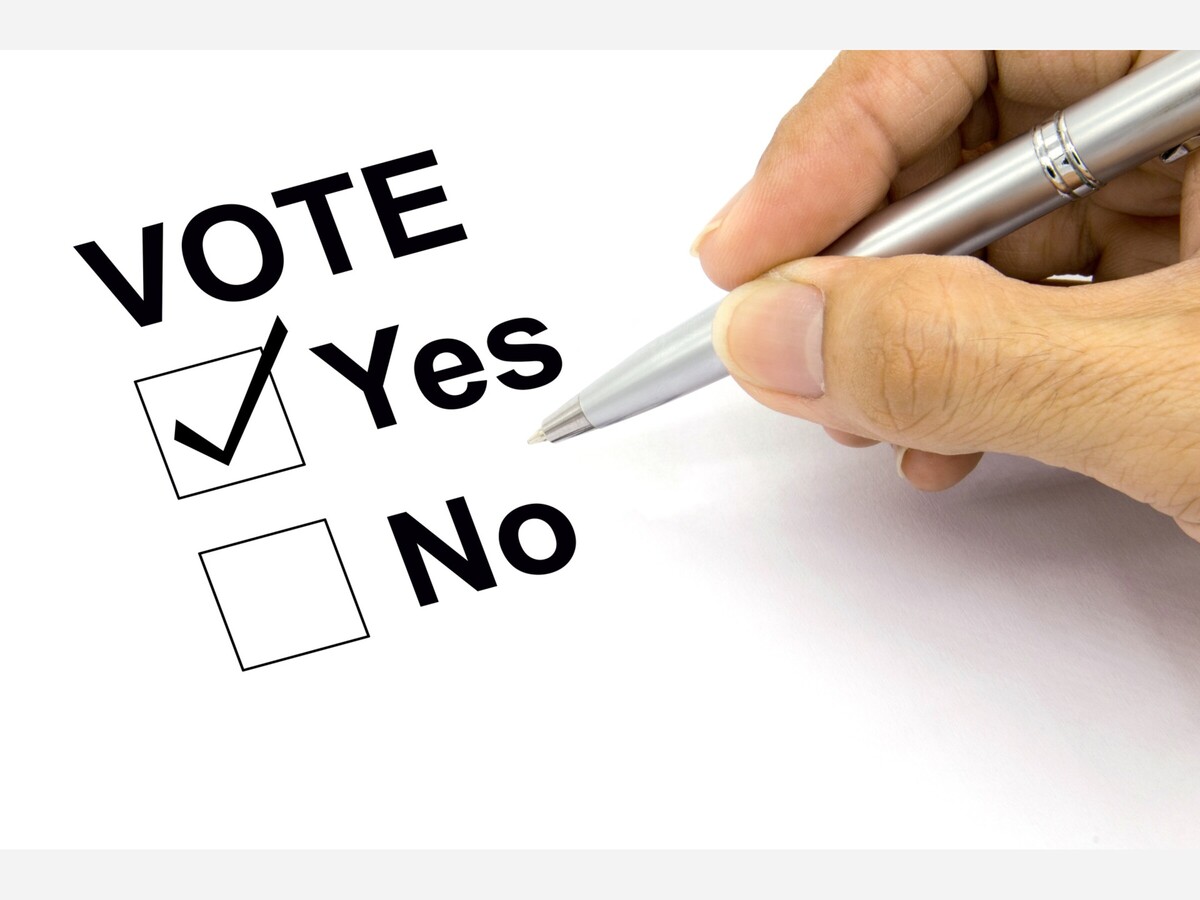Image


The 2026 elections are expected to be contentious, with Michigan poised to see several citizen‑initiated proposals to amend the State Constitution. Although the proposals are still in the petition phase, it’s wise to understand exactly what you’re signing before lending your support. Let’s examine six prominent proposals now circulating along with tips on what to ask and best practices for signing.
This is a push to adopt ranked‑choice voting (RCV) for many state and federal offices in Michigan. Under RCV, voters can rank candidates (first, second, third, etc.). If no candidate gets a majority, the lowest‑vote candidate is eliminated, and their voters’ ballots are reallocated based on second choices, repeating until someone has more than 50 %. The petition would amend the state Constitution to implement this system for federal offices, governor, attorney general, and Secretary of State (but likely not the state legislature).
Also called the “millionaire (or high‑income) tax for schools” measure, this initiative would impose an additional 5% surcharge on taxable income above certain thresholds (e.g. over $500,000 for individual filers, $1 million for joint filers). Revenue would be dedicated to public schools: reducing class sizes, recruiting and retaining teachers, funding career and technical education, and other classroom uses, with audits to enforce accountability.
The petition’s approval has faced procedural challenges. The Board of State Canvassers approved then rescinded a 100‑word summary due to last‑minute revisions. Supporters argue this would bring much-needed funding directly to classrooms. Opponents argue it could hurt economic growth and lacks guaranteed legislative enforcement.
This proposal would restrict or ban contributions to political campaigns from corporations or entities that receive large state or local government contracts (e.g. over $250,000/year) or from utility companies (e.g. DTE, Consumers). The intention is to reduce the influence of big money in politics by cutting off a major source of corporate campaign funding.
This proposal seeks to eliminate or severely restrict property taxes in Michigan. In compensation, it would shift more revenue from state-level taxation (sales tax, income tax, etc.) to local governments and require higher voter thresholds to raise local taxes (e.g. 60% approval) or legislative thresholds for tax increases. Critics worry about replacing the tens of billions in annual property tax revenue that fund schools, roads, emergency services, libraries, and local governments.
Multiple proposals are in circulation that would amend the Michigan Constitution to require proof of U.S. citizenship or presentation of photo ID in order to register to vote or to vote absentee. One version would eliminate the affidavit option for people without ID and require documentary proof (birth certificate, passport, etc.). Supporters say this ensures election integrity; opponents warn it could suppress turnout among vulnerable populations who lack those documents.
When someone approaches you with a clipboard or petition, here are important, smart questions to ask:
Are you being paid per signature, or volunteering?
Circulators who are paid per signature may have incentives to collect as many as possible, sometimes at the cost of accuracy or proper disclosure.
Can I see the full petition or constitutional amendment text?
You should have the right to review the actual petition text or full language (or a clear summary) before signing.
Who is sponsoring this petition?
Ask for the name(s) of the sponsoring organization or coalition. You can later check their website or public records to learn more.
Are these signatures going toward a constitutional amendment or statutory change?
Constitutional amendments generally require many more signatures and have different legal effects than statutes or referenda.
Is there a deadline or window for collecting signatures?
In Michigan, many citizen-initiated constitutional amendments must gather about 446,198 valid signatures in 180 days.
A key warning: petition circulators are not legally required to always tell the truth about what a petition does. Michigan law allows some leeway, and in practice you may encounter misstatements or oversimplifications.
Once you’ve decided to sign, doing it correctly helps ensure your signature counts. Here’s how:
Signing a ballot petition is one of the few ways ordinary citizens can help shape what appears on our ballots. But before you put pen to paper, know which proposal you’re signing, what changes it would make, and who the circulator is working for—and always read before you sign.